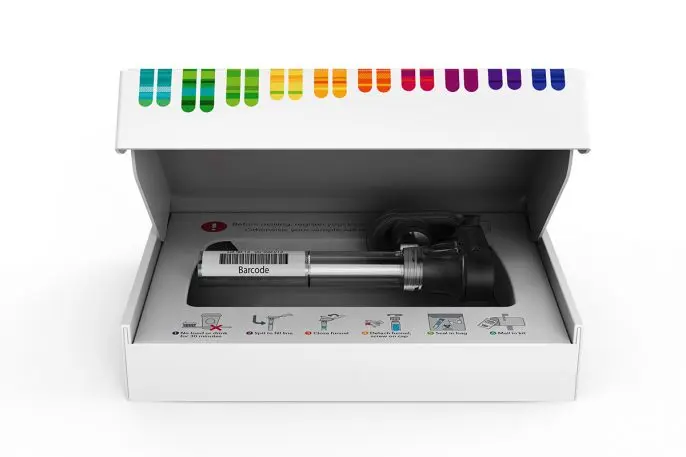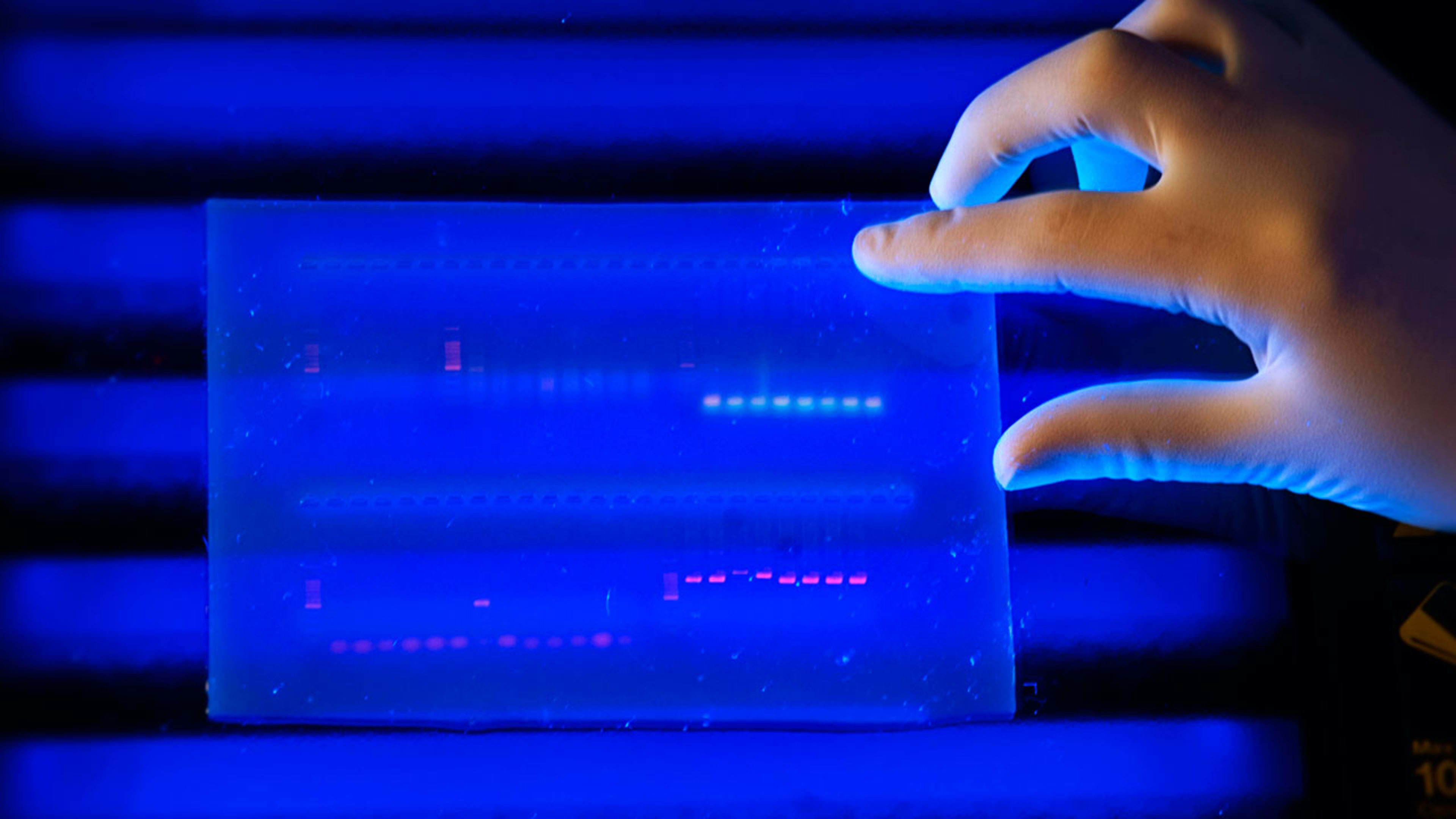It finally happened. Today, 23andMe received the first-ever authorization from the FDA to market genetic reports on an individual’s risk for certain diseases, including Alzheimer’s, Parkinson’s, and harmful blood clots.
The approval follows a long-fought battle with regulators that almost put the Mountain View, California, company out of business. It also marks a major marketplace shift, both for consumers and the health-tech sector in general. Experts have been weighing the potential risks of giving consumers access to this kind of knowledge without the expertise of a doctor, especially because the information without context can do more harm than good. Some in the medical community worry that positive test results might prompt people to undergo surgeries or take other drastic measures. Given that genetic risk is just one factor that can contribute to health conditions, such measures might be unnecessary.

Since then, as I reported in a 2015 story, the company has had to reorganize and bring in regulatory experts to ensure its services were aboveboard. But if 23andMe had sought to work with the government from the beginning, it may have been spared the angst of having to essentially shut down, then rebuild itself from square one.
Now, it looks like the company is finally getting its second chance. In a statement today, 23andMe’s CEO and cofounder, Anne Wojcicki, called the FDA approval an “important moment” for people seeking to learn more about their genetic health risks. “The FDA has embraced innovation and has empowered individuals by authorizing direct access to this information,” she said. “It is a significant step forward for 23andMe and for the adoption of personal genetics.”
It’s also an important lesson for companies wondering if it’s better to beg for forgiveness later than ask for permission now. As 23andMe just proved, it’s possible to work within the system and innovate at the same time—even if playing by the rules isn’t in Silicon Valley’s DNA.
Recognize your brand’s excellence by applying to this year’s Brands That Matter Awards before the early-rate deadline, May 3.
